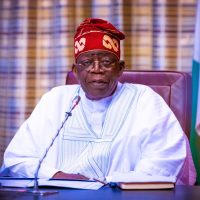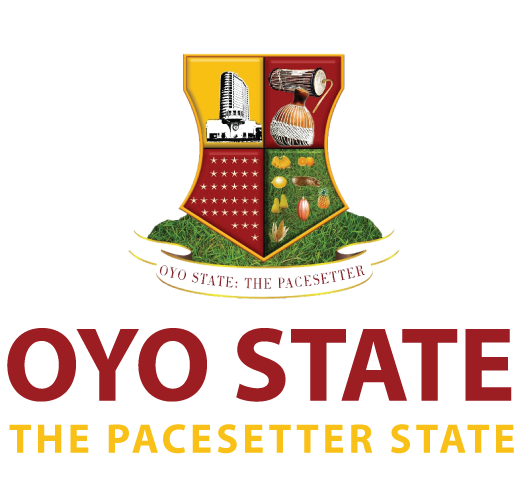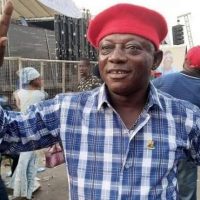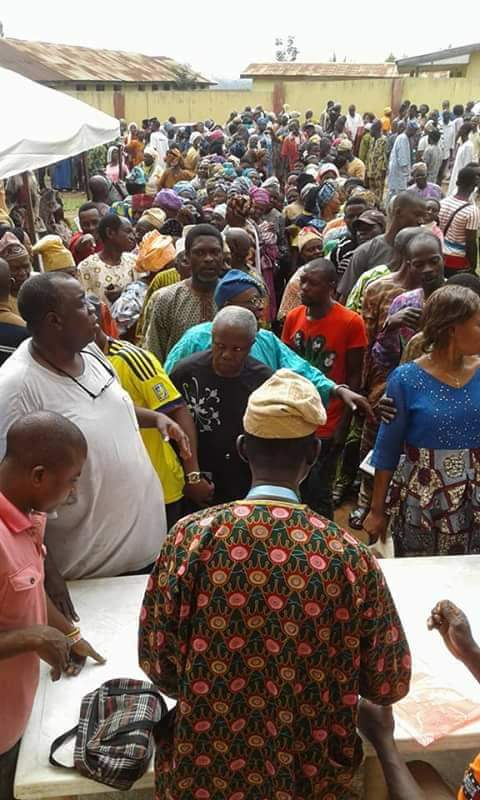This is a monthly editorial of ODUDUWA NEWS.
Political parties are the constitutionally recognised associations that are established to vie for political posts and run the affairs of the nation. Every Nigerian is a potential ruler…every bonafide Nigerian has the liberty to belong to any political party that shares his ideology.
However, the constitution places a barrier; a requisite that bothers on age. To be a member of a political party, a citizen must have attained the age of 18. That is the age at which a Nigerian could vote and be voted for.
Membership of a political party is all about registration. As soon as anyone registers, he automatically becomes a card-carrying member of that party. Thus, he is under obligation to pay dues as agreed upon within the party and attend the statutory meetings. Upon the satisfaction of the responsibilities, he is entitled to every privilege or right available in the party.
During election, party candidates are chosen by the party members. Every eligible party man has the right to nurse a political ambition. Constitutionally, selection or choosing of candidates is of two modes. These are direct Primary and Indirect primary.
Before we delve into the two concepts, it is important to know that, where two or more party members show interest in the same elective position, there is bound to be an internal election especially where a consensus could not be reached. What is consensus?
Consensus is a situation where the various aspirants who have shown interest in the same post are talked to, appealed to and convinced to step down for another candidate. This is all about compromise and sacrifice. Not coercion. Compelling them to step down could lead to litigation.
Back to the issue under scrutiny. Direct Primary is a situation where all registered members of the party are allowed to vote to select or pick a candidate for a political position. For instance, if the party register shows that 5,000 party men are within their fold, all these 5,000 will vote for a candidate to represent or fly the flag of the party against the opposition party.
Indirect primary is a condition in which a certain delegate, comprising certain number of people are picked to elect or select the party’s candidate to face opposition in an election. In this case, a certain number of party men would be disenfranchised. In Nigeria of today, the constitution allows both methods.
However, the current case is a fight between the governors and national assembly members.The current political organogram in Nigeria places the president as the leader of the party. Although, this is an absurd; an aberation. Party leadership is different from national leadership. In a sane society, party structure is detached from the apron of the president and governors. The national chairman of a party ought to be the leader. That is how it is in South Africa. While Jacob Zuma was the president, Mr Ramphosa was the national chairman of the party. Zuma was booted out of office over alleged financial recklessness. He was made to face a disciplinary committee set up by the party under the chairmanship of Ramphosa; who is now the president. So, ANC national chairman is different from South Africa president. But, the chairman is in good position to become the next flagbearer of the party.
Like the president, governors are leaders of the parties in the states. Party chairmen are paper-weight. They are surrogates and errand boys of either the president or governor. He who pays the piper dictates the tune. Governors are the major financiers of the parties at state levels. And that is where the problems begins.
In view of the financial influence of the governors, they are able to share political posts amongst their cronies. They decide who contests for what. A governor who doesn’t like the face of a senator may stop the re-election of that senator. No matter his quality representation.
Few days ago, NASS formally transmitted the bill to President Buhari for his assent thereby effectively shifting the battle over the proposed electoral law to the Presidency.
While the lawmakers argued that direct primaries will fortify internal democracy and that such would give every party member an equal opportunity to participate in nomination process, the governors believed that direct primaries is a waste of time and money. Both sides are apparently fighting for relevance. Their arguments are whimstical. A parochial sentiment.
Essentially, the bill is aimed at whittling down the influence of the governors who have turned emperors in the nomination of party candidates. The governors are oblivious of this rigmarole, hence their vehement objection.
The intrigues playing out is premised on the forthcoming elections. Most of the lawmakers have become political foes of the governors. The governors on their parts would not want a lawmaker that would not pay homage to them. Thus, the next election is a veritable avenue to get rid of any stubborn lawmaker. This is a battle of survival; the fittest is sure to survive.
The national assembly seems to have an edge. Though, both sides have been lobbying the president who has become a beautiful bride. On the chances of the lawmakers, it is not exclusively the right of the president to transmute a bill into a law. That power resides in both the president and the lawmakers.
In a situation where a president declined or show recalcitrance, the lawmakers could veto the bill. Bill becomes a law when either the president or the NASS append their signatures.
In his wisdom and in order not to be caught between the webs, the president had written to seek the advice of the INEC on the issue. This is a good riddance. INEC is a major stakeholder. The president’s action is not a misnormer. He can as well seek for legal implication and interpretation of the bill from NBA and other independent public opinionists. However, if the bill is eventually vetoed by NASS, the crisis might snowball to an unimaginable proportion.
This is indeed an Electoral Act Amendment Bill that would determine so much about control mechanism within the party.




